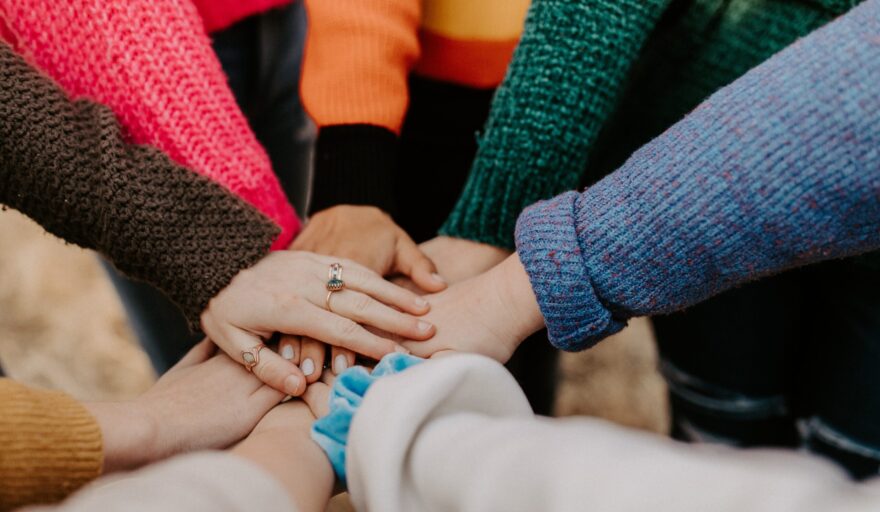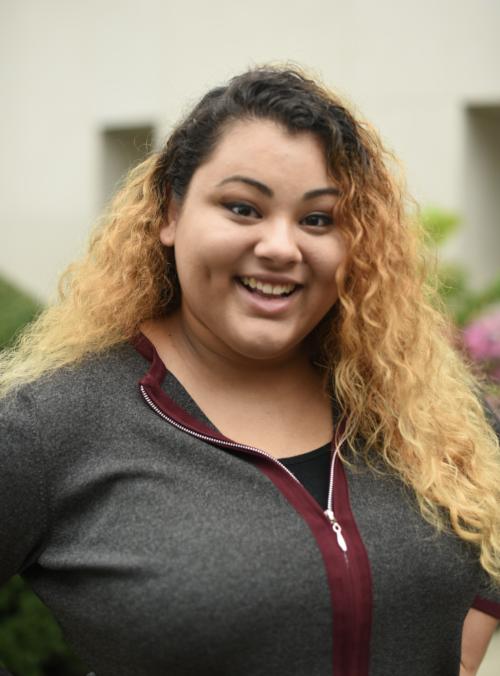It Was Like Family
Tatiana Villarreal
MSW '20

Tatiana Villarreal, MSW ’20, found a home at the School of Social Work—and, thanks in large part to a generous scholarship from an anonymous donor, completed an internship at a residential home in Chicago, where she currently works as director of admissions.

Growing up in Chicago, Tatiana Villarreal witnessed what she calls a disproportionately lower rate of mental health treatment for Latinx—due to language barriers, socioeconomic status, and cultural stigma. She herself suffered from a depressive episode in her teens, and found it hard to gain access to help.
So, she decided to do something about it.
“It just didn’t sit right with me,” she says. “That’s why I wanted to be a therapist.”
Villarreal, who earned both her BSW and MSW from the University of Illinois at Urbana-Champaign, started out in the Division of General Studies and considered going into psychology, because she thought that was the only way she could become a therapist. But she went into social work instead, once she learned that, through that field, she could pursue her passion for helping people who were mentally ill.
“I fell in love with the social work courses, with the professors, with the atmosphere the School provided,” she says. “It really hit home on that people-first mentality. It was everything I wanted, encompassing social justice and trying to break down these disparaging gaps of wealth and costs and race.”
Villarreal, who received her MSW in August 2020, is director of admissions at Clayton Residential Home in Chicago’s Lincoln Park. Clayton offers recovery-oriented residential programs for adults who live with serious mental illness. She did her internship at Clayton, benefiting greatly from the Field Education Scholarship she received from an anonymous donor.
“I was working 40 hours a week in the internship, so I honestly don’t know what I would have done if I hadn’t received the scholarship,” she says. The scholarship helped her pay for her housing, food, daily necessities, and transportation to and from Clayton.
“I hope that people take notice of this anonymous donor and, if they can afford it, become a donor themselves, because a lot of students in the School of Social Work face similar problems,” Villarreal says. “It means the world. It really does.”
When Villarreal first came to the U of I, she was concerned that it would be too large and impersonal. “But once I started taking classes at the School of Social Work my junior year, I realized it was like family,” she says. “Everybody knows everybody so well, your professors know you by name, they even email you if you defer from your norm, to make sure you’re okay.
“They really do care about students.”
